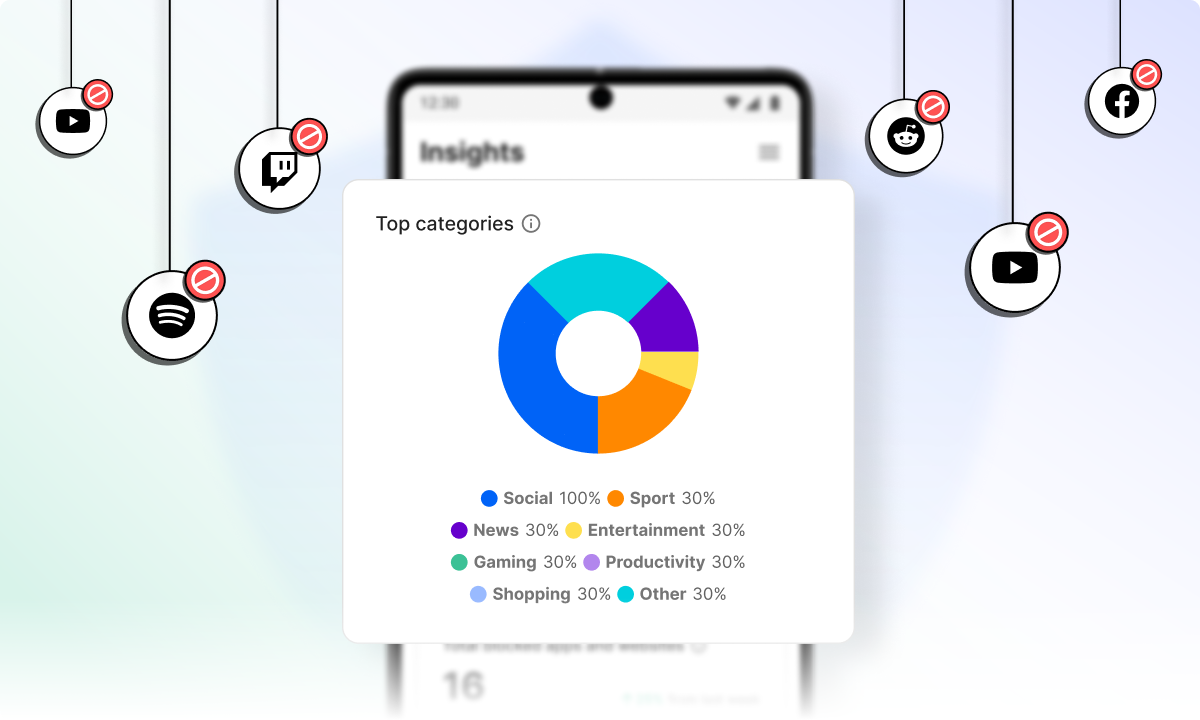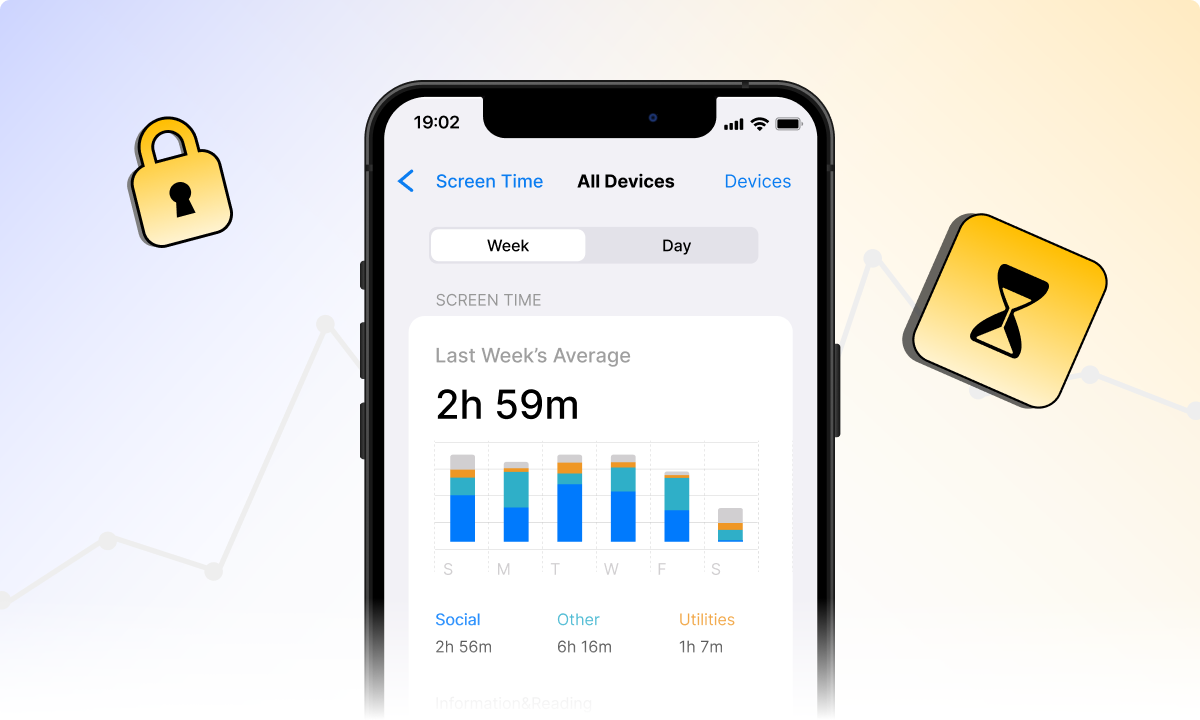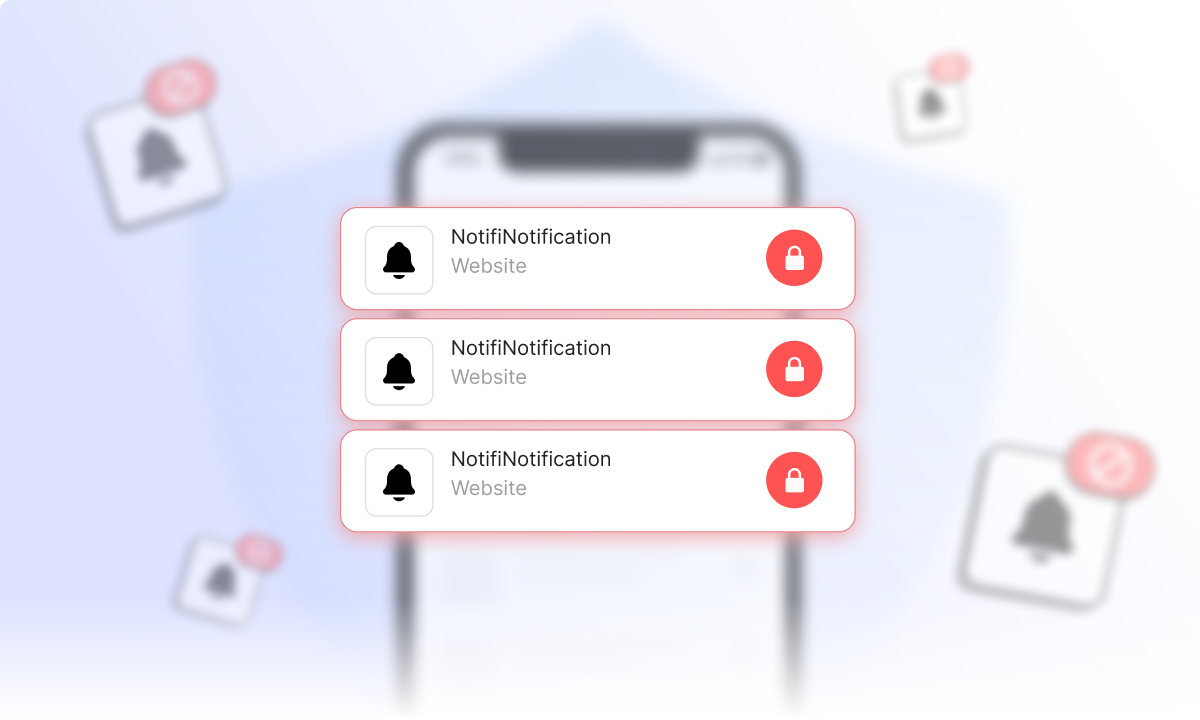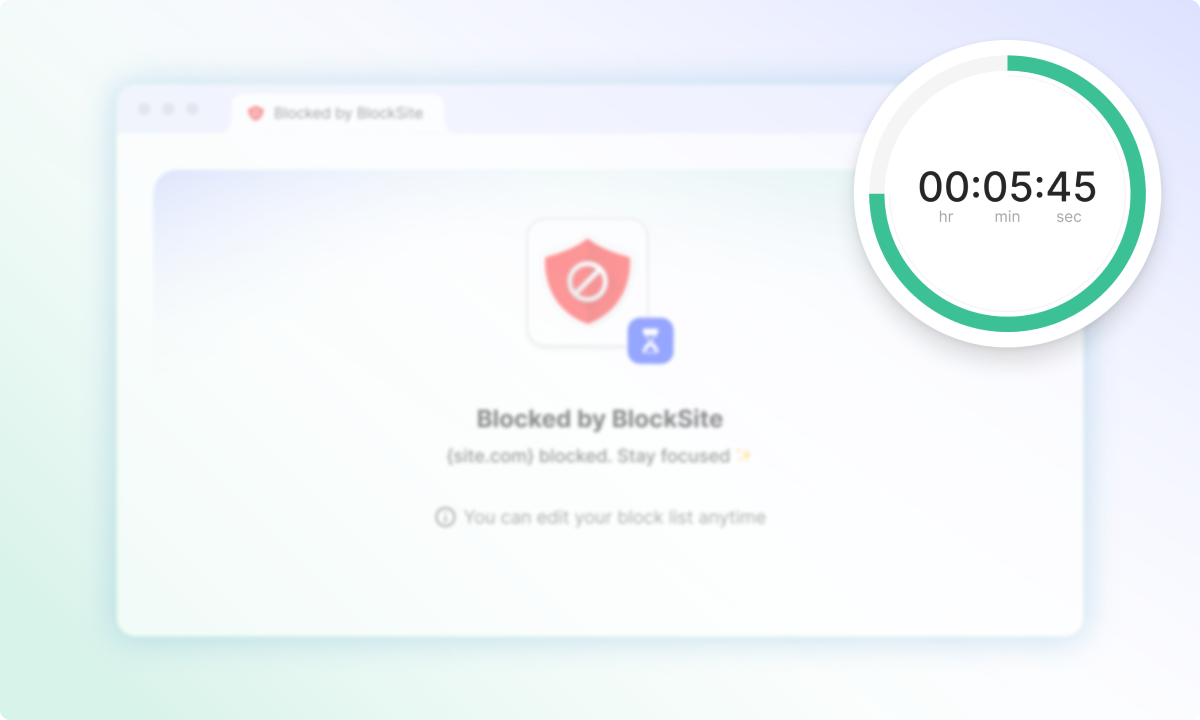When you’re constantly exposed to negative news, it can take a significant toll on your mental and emotional well-being. The relentless stream of distressing stories may result in increased stress, anxiety, and a skewed perception of reality.
According to a survey conducted by GrowTherapy, 99.6% of therapists said that watching or reading the news can negatively affect people’s mental health, with those belonging to BIPOC or LGBTQ+ communities being the most at risk. This highlights the need to properly block negative news online to keep a healthier mindset.
Why and How Does Negative News Affect Us?
The constant barrage of negative news online in our daily lives can cause different kinds of mental sufferings. Let’s take an in-depth look at the specific reasons behind this phenomenon and try to understand how it influences our overall health and daily functioning:
Emotional Contagion
One key factor is the concept of emotional contagion. This is where emotions are subconsciously transferred from one person to another. The thing is, when you take on the negative emotions of others online, it will be harder for you to maintain your own perspective and emotional balance.
News that evokes fear, anger, or sadness can lead to a collective mood that readers absorb. This may influence your emotional state even after the news cycle moves on. It stays with you for a longer time.
Cognitive Biases
Our brains are wired with several cognitive biases that negative news triggers. Our negativity bias makes us pay more attention to negative information, a trait that we as humans use to help us avoid danger. However, in a modern context, this predisposes us to focus on and emphasize negative news, often at the expense of positive or neutral information.
Stress Response Activation
Negative news can activate the body’s stress responses and this may include the release of a stress hormone called cortisol. Repeated exposure to such kinds of news can cause chronic stress. This is where your body unnecessarily remains in a heightened state of stress. This can affect your mental health by increasing anxiety and irritability. When it gets worse, it can also have physical health implications, such as disrupted sleep patterns and a weakened immune system.
Perception of Risk
Negative news can also alter our perception of risk and increase the feeling that there’s always some kind of threat. Because negative news often features narratives that are both rare and dramatic, you may overestimate the likelihood of these events personally affecting you. This can distort your view of reality and make the world seem more dangerous than it actually is.
Sense of Control
Regular consumption of negative news can also directly affect our sense of control over our lives. Seeing repeated instances of chaos or danger online can diminish your belief in your ability to influence outcomes in your life. This perceived loss of control can lead to feelings of helplessness and pessimism, which, when it worsens, may result in anxiety or depression.
How to Block Negative News
It’s easy to feel overwhelmed and powerless when you’re constantly exposed to lots of negative news online. Fortunately, there are effective strategies to help you limit this exposure and maintain a healthier mindset. Here are 8 tips on how to block negative news so you can create a more positive environment:
1. BlockSite’s Tools for Blocking Negative News
BlockSite, available as a website blocker extension and a mobile app, offers a suite of tools that you can configure to block the barrage of negative news on your feeds:
Block List
This feature directly blocks websites that frequently post negative news and prevents them from appearing in your browsing sessions altogether. Simply add these sites to the blocked list, and you will no longer see them on your browser.
Category Blocking
This feature allows you to block entire categories of websites. If certain types of news, like political or crime-related stories, are triggers, you can set BlockSite to automatically disable these categories so you won’t have to enter the URLs one by one.
Block by Keyword
This is another cool feature that lets you block news stories which contain specific keywords that are often associated with negative news. When you set up these keyword filters properly, you’ll be able to avoid triggering content before it even reaches you.
2. Curate Your News Feed
Start by selecting news sources known for balanced reporting and not just sensationalist headlines. This reduces the likelihood of encountering distressing content. Apps and browser extensions that customize news feeds can be useful in filtering out undesirable news sources.
3. Set Specific Times for News Consumption
Another effective strategy is to designate specific times of the day for news updates and be sure to stick to these windows. This limits your online exposure and helps you keep a routine that doesn’t revolve around the constant influx of news.
4. Participate in Positive Activities
It might be wise to replace some of your news reading time with uplifting activities. It doesn’t have to be anything special or extraordinary. You can start with basic activities like:
- Reading a book
- Practicing yoga
- Spending time on a hobby
- Jogging
The key is that you need to do something active, as it can significantly reduce the stress associated with negative news.
5. Use News Aggregators
These online platforms aggregate content from various sources, and their advantage is that they often allow you to customize the type of news you’d like to see. There are plenty of free platforms available, so choose one that lets you filter out negative content and will give more priority to news that is beneficial or at least neutral.
6. Practice Mindful Consumption
As an internet user, it’s important to be conscious of how news affects you emotionally and mentally. Train yourself to recognize when certain stories are causing you distress and learn to step back. This awareness helps you make active decisions about when and what kind of news to consume.
7. Discuss News with Others
As they say, “Knowledge is power. Information is liberating.” Sharing and discussing news stories can often help diffuse the anxiety they might cause. This is also a great way to see different perspectives, which can help mitigate the effects of negative news. Hearing others’ opinions or views might open your eyes to see the positive aspects of these stories and change your perspective.
8. Educate Yourself on Media Literacy
Knowing how media operates and the motivations behind certain news stories can empower you to make informed decisions about what to read or watch and spot biases that might create negativity. Practicing media literacy and critical thinking can further improve your ability to assess the quality and intent of the news you consume. This method helps you maintain a balanced perspective and alleviate the stress that may be associated with such negative news.
Take Charge of Your News Intake
Staying informed is important but it’s also equally necessary to protect our mental health from the potential harm of excessive news consumption. You can maintain a healthier balance in your life when you adopt proper strategies to filter and control the influx of news. Tools like BlockSite come with quick and practical solutions to shield you from the overwhelming flood of negative reports. And when you set the boundaries and use these technologies wisely, you’ll be able to learn how to cope with negative news without feeling overwhelmed and keep your focus on reports that inform, inspire and uplift you rather than those that reduce your well-being.
FAQs
How can I differentiate between negative and constructive news?
Recognizing negative news often involves its tone and intent; it generally focuses on fear-inducing, tragic, or anger-sparking elements without constructive resolution or deeper analysis. Constructive news, while still addressing serious issues, typically provides context, explores solutions, or promotes understanding.
What are the psychological effects of long-term exposure to negative news?
Long-term exposure to negative news can lead to increased stress, anxiety, and feelings of sadness and helplessness. It may also skew your perception of risk and cause you to have a more pessimistic view of the world.
How often should I take breaks from news consumption?
The frequency of breaks from news consumption depends on your emotional response. It’s beneficial to take breaks whenever you start feeling overwhelmed or you’ve noticed a negative effect on your mood or daily activities.
What are some signs that news is negatively affecting my mental health?
Signs include feelings of anxiety or sadness after consuming news, difficulty sleeping, or obsessively checking for updates. If news consumption starts to affect your daily functioning or relationships, it may be time to reassess your habits.
How can I encourage others to reduce their exposure to negative news?
Share your own positive experiences from reducing news intake and provide information about the mental health benefits of such a change. Encourage setting specific times for news checks and suggest unsubscribing from particularly distressing feeds.






